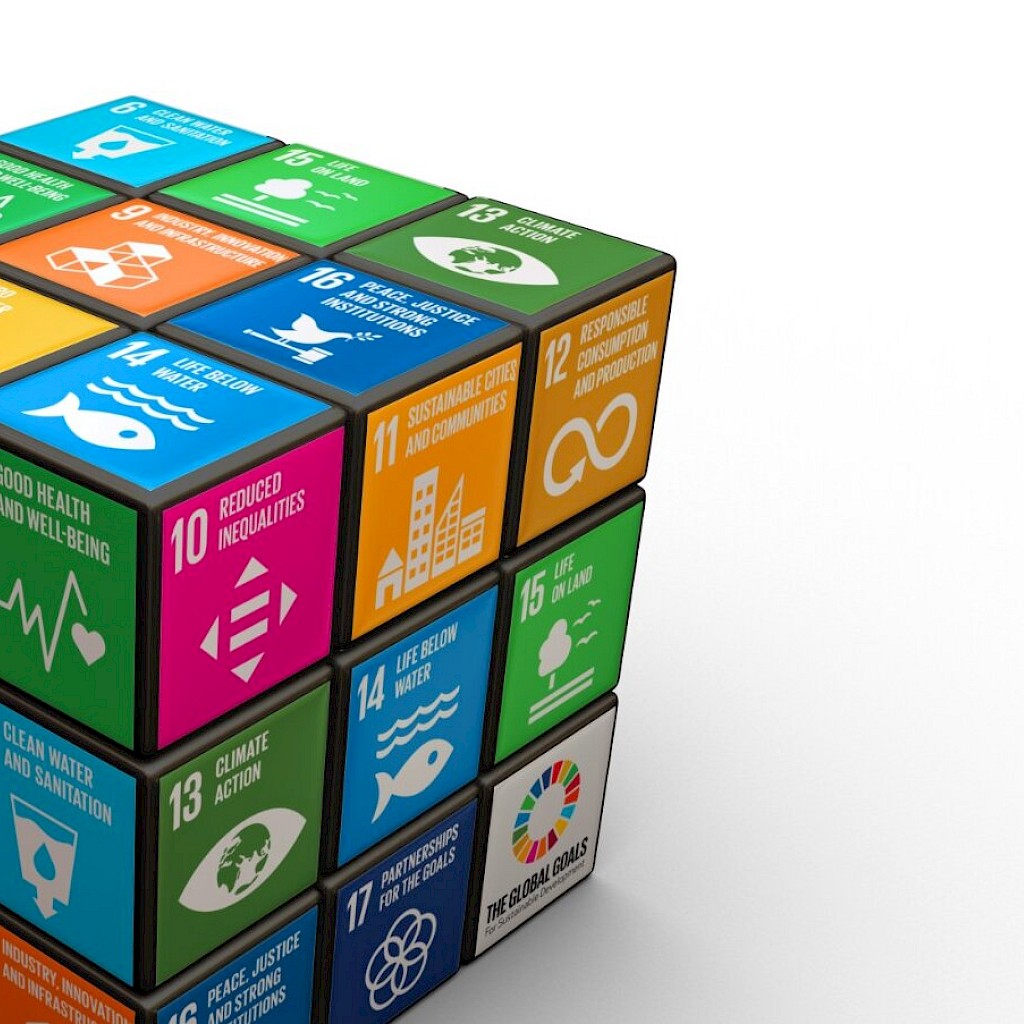- All Ipieca resources can be found here.
- WBCSD resources can be accessed on the WBCSD website.
The resources listed below may be useful for oil and gas companies to implement the impact pathways detailed in the Roadmap and operationalise the SDGs.
- Climate
- Addressing adaptation in the oil and gas industry
- Climate change: a glossary of terms (5th edition)
- Exploring the concept of ‘unburnable carbon’
- Guidelines for implementing ISO 50001 energy management systems in the oil and gas industry
Low-emissions pathways
- Exploring low-emissions pathways for transport
- Exploring low-emissions pathways: Advancing the Paris Puzzle
- Making the case for carbon capture and storage
- The Paris Puzzle: The pathway to a low-emissions future
Transparency and reporting
- Ipieca-API-IOGP Sustainability Reporting Guidance
- Estimating petroleum industry value chain (Scope 3) greenhouse gas emissions: Overview of methodologies
- Petroleum industry guidelines for reporting greenhouse gas emissions (2nd edition)
- The role of scenario analysis in climate reporting
Emissions management
- Addressing uncertainty in oil and natural gas industry greenhouse gas inventories: Technical considerations and calculation methods
- Energy and greenhouse gas efficiency compendium
- Exploring methane emissions
- Methane glossary
- Oil and natural gas industry guidelines for greenhouse gas reduction projects: carbon capture and geological storage emission reduction project family
- Preparing effective flare management plans
- Saving energy in the oil and gas industry
- The expanding role of natural gas: Comparing lifecycle greenhouse gas emissions
Fuels and products
- GHG emissions and the cost of carbon abatement for light-duty road vehicles
- Joint Industry Guidance on the supply and use of 0.50%-sulphur marine fuels
- Lower-sulphur fuels, road transport strategies and air quality improvements
- Lower-sulphur fuels, road transport strategies and air quality improvements (Executive summary)
- Management and remediation of sites in the petroleum industry
- Mercury management in petroleum refining
- Petroleum refinery waste management and minimization
- Refinery air emissions management
- Nature
- Environmental management in the upstream oil and gas industry
- The application of Globally Harmonized System (GHS) criteria to petroleum substances
- The Ipieca water management framework – to be updated in late March
- Mercury management in petroleum refining
- Managing biodiversity & ecosystem services (BES) issues along the asset lifecycle in any environment: 10 tips for success in the oil and gas industry
- A cross-sector guide for implementing the mitigation hierarchy
- Biodiversity and ecosystem services fundamentals
- Biodiversity and ecosystem services fundamentals: A summary
- Water risk assessment in the oil and gas sector: an overview
- Reuse of produced water from the onshore oil and gas industry
- Managing biodiversity and ecosystem services in oil and gas development: Mainstreaming the mitigation hierarchy (2020)
- Good practices for the collection of biodiversity baseline data
- Identifying and assessing water sources
- Efficiency in water use
- Biodiversity and ecosystem services horizon scanning 2021
- People
- Integrating human rights into environmental, social and health impact assessments
- Voluntary Principles on Security and Human Rights: Implementation Guidance Tools
- Health management in the oil and gas industry
- Community liaison officers team building and management guidance
- Creating successful, sustainable social investment. (2nd edition)
- Local content. A guidance document for the oil and gas industry (2nd edition)
- Community grievance mechanisms in the oil and gas industry
- Please visit Ipieca’s website for guidance on:
- Human rights: which includes guidance on due diligence, impact assessments, worker and community grievance mechanisms, and labour rights in the supply chain.
- Responsible security: where you can find implementation guidance on the Voluntary Principles on Security and Human Rights, as well as a host government engagement strategy tool and host country security assessment guide.
- Engaging with communities and Indigenous Peoples
- Community and occupational health

